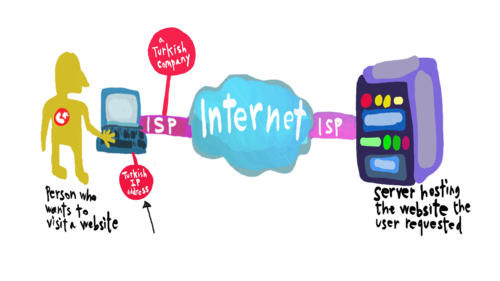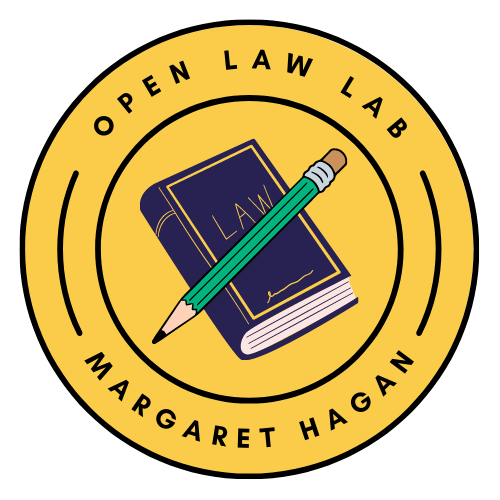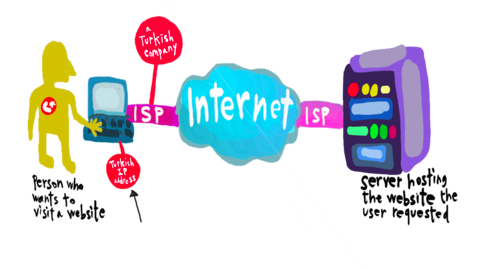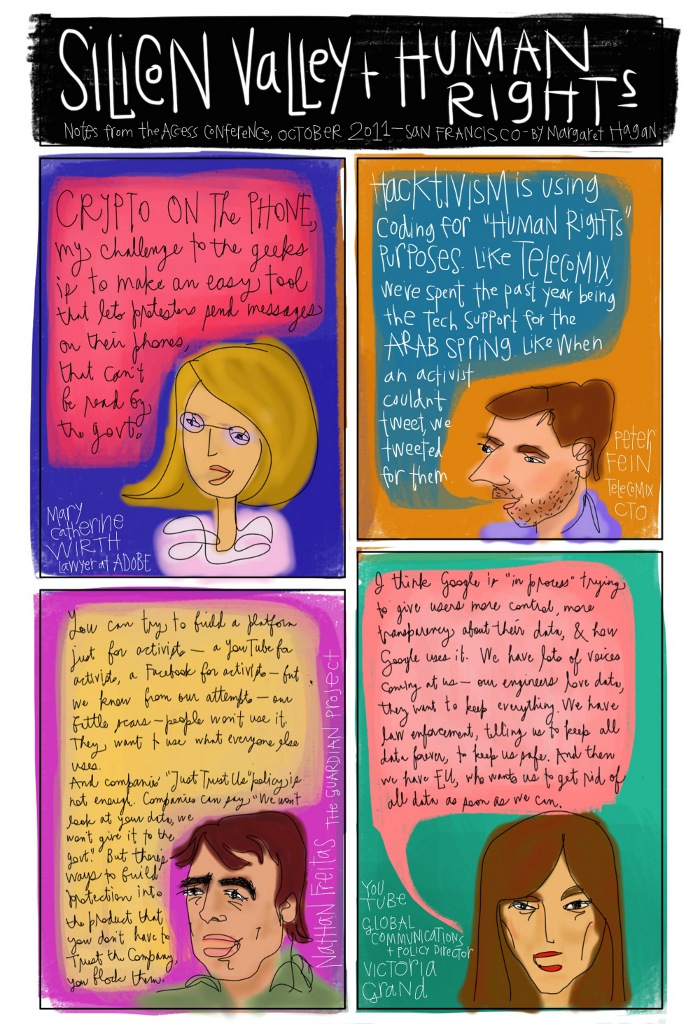
I am fumbling around, trying to figure out the Internet in Turkey.
It has quite the reputation, having blocked YouTube on-and-off for several years, along with WordPress, Blogger, Vimeo, and a host of other sites.
So who in Turkey is behind all these blockings? Who gets to decide when a site is blocked for all internet users in Turkish territory?
Some Findings part 1:
(1) Who can make the decision to block a website for the entire country:
If it is a foreign website: 3 groups: courts, prosecutors, or the telecommunications authority (BTK/TIB ) — without any judicial notice to the website owner. Note: these groups are responsive to individual citizens’ reports + complaints, so individual people can sometimes fairly easily persuade one of the 3 to get a site on the national block list
If it is a Turkish website: Only if there is child abuse (i.e., sexual exploitation or similarly severe treatment of a child) content, the telecom authority can block the site without any judicial notice to the authority.
The typical policy has been Block First, let the Appeals come later.
The Telecom authority has a site which individual citizens can report a site they think should be blocked for all of Turkey. They fill in a form here + often the BTK will then block this site.
If there is a site that’s insulting me, or defaming me, I can ask the site to take it down. If they don’t take it down in 2 days, then I can go to court + have it taken down.
(2) What content is blocked in Turkey?
It all goes back to one law: 5651, from 2007. This law spells out what content is absolutely prohibited from reaching internet users in Turkey. There are some specific categories and some more general ones. They are:
– crimes against Ataturk (saying bad things about him, countering Ataturk narratives, etc)
– offering or promoting prostitution
– facilitating gambling
– gambling or betting illegally
– sexual abuse of children
– encouraging suicide
– supplying drugs that endanger health
– facilitating abuse of drugs
In practice, other internet content has been taken down for other reasons, which are not included in the main law.
– violation of copyright laws
– violation of trademark
– unfair trade according to Commercial Code
– insults against the government
– insults against private people
– terrorism/criminal content
– violation of freedom of religion, expression, press, thought
The laws in Turkey about defamation + personal insults are reverse from those in the US. If you are a public figure in Turkey, you have more protection. Content that mocks, criticizes, or curses a public figure (like a politician) can often be more easily taken down as illegal, as opposed to such content that is aimed at a private figure.
A lot of content about government officials + opposition politicians have been taken down, and also at the center of ongoing battles between Turkey + Google/YouTube. Sex scandals involving opposition politicians over the past two years, and clips mocking the prime minister and his wife have been taken down.
Another targeted area of content is that related to evolution. One Turk in particular — Adnan Oktar (Aka Harun Yahya) — has reported sites that discuss and advocate evolution as opposed to creationism. He complained to the government, flagging sites including WordPress and Richard Dawkins’ website, and the government blocked them. He argued for the block by saying that he + his books on creationism were being insulted on these sites, and the government consequently blocked them for the entire country.
That is enough for Part 1. More questions are still in the air:
Why are Google + Turkey locked in such an intense back-and-forth, as opposed to any other major tech companies?
Why haven’t Facebook or Twitter been blocked, whereas YouTube has been?
How did YouTube get unblocked after being blocked for so long?
What happened with the filter that Turkey was going to install last year?
Who exactly sets internet policy in Turkey?
What are the main motivations behind internet policymaking in Turkey?
What’s the best way for tech companies to deal with the Turkish internet policymakers?
Please write if you have thoughts or insights!



